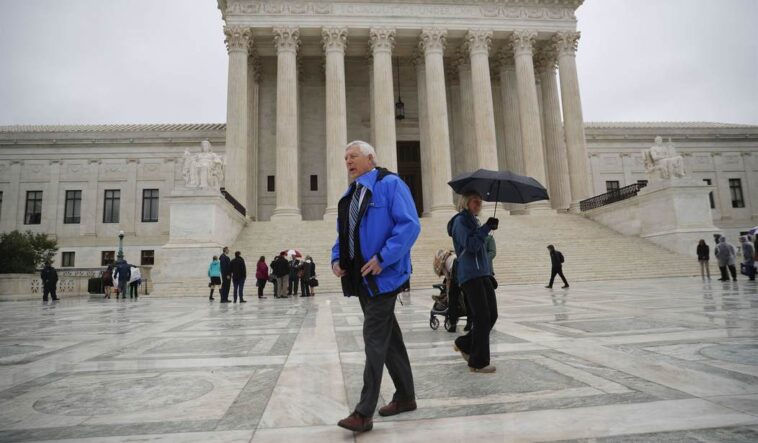When unelected bureaucrats can impose regulations costing billions without a vote from your elected lawmakers, it’s clear something needs to change. Enter the REINS Act—a safeguard every state should adopt to rein in runaway rule-making, especially after the Supreme Court laid waste to Chevron deference, a Mike Tyson-level knockout punch to the administrative state.
I’ll say it from the outset: Every state government needs to pass some form of this legislation.
The Regulations from the Executive in Need of Scrutiny (REINS) Act is a legislative proposal aimed at improving oversight over federal and regulatory agencies. It requires that any major rule proposed by an executive branch agency receive explicit approval from both chambers of Congress before it can take effect.
Several states are considering similar legislation. Some states, such as Indiana, have already passed a version of this bill. It is an excellent complement to the overturning of the Chevron deference legal doctrine as it would help to curb the power of unelected bureaucrats who essentially have the power to unilaterally make laws with substantial economic or societal impacts without accountability or oversight.
Oklahoma state lawmakers are considering a similar measure to chip away at the state’s heavy regulatory burden, according to the Oklahoma Council of Public Affairs (OCPA). With more than 142,313 regulations, the state is the 17th-most regulated state, surpassing even blue states like Minnesota and Connecticut.
Proponents of the REINS Act in the Sooner State argue that it would ensure greater accountability and curb the power of unelected bureaucrats. Daniel Dew of the Pacific Legal Foundation cautioned that without these necessary reforms, state lawmakers would essentially surrender power to “some mid-level bureaucrat in a basement somewhere” who could impose onerous, costly, and unnecessary rules without oversight.
For its part, Georgia ranks as the 26th most regulated state in the union, with 111,899 restrictions, according to George Mason University’s Mercatus Center. These regulations are linked to increased poverty, slower growth, and higher inflation.
The Peach State appears to be in dire need of a REINS Act of its own, which is why state lawmakers are pushing for such a solution.
The proposed legislation reaffirms a constitutional principle that seems to have long been forgotten: Legislative powers belong to elected officials who are answerable to the public, not to some random guy or gal sitting at a desk in a cushy office.
“By requiring a vote in Congress, this Act will result in more carefully drafted and detailed legislation, an improved regulatory process, and a legislative branch that is truly accountable to the American people,” according to the federal bill, which was introduced by Sen. Rand Paul (R-KY) and Rep. Kat Cammack (R-FL).
The bill essentially mandates that any “major rule” that could result in an annual cost of $100 million or more or negatively affect public health, safety, competition, or the environment be subject to a vote from lawmakers. “A major rule shall not take effect unless the Congress enacts a joint resolution of approval,” the bill states.
If Congress does not approve the rule within 70 days, it will be nullified.
This is what we need in all states: Less bureaucracy and more oversight. When administrators can simply enact rules carrying the power of the law without being accountable to the public, it only creates an environment ripe for corruption and overreach. It is the very antithesis of what the Founding Fathers imagined when they created our form of government. It’s time to take the power back from the administrative state and place it back into the hands of the people.


